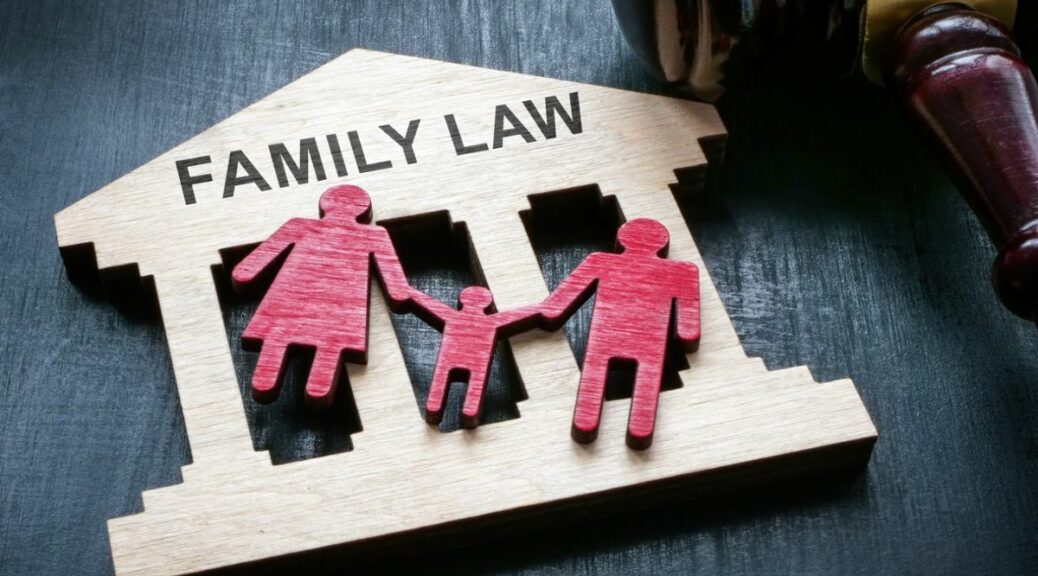As a parent in California, one of the most challenging situations you can face is a dispute over child custody. The legal system can be complicated, and it’s essential to understand the difference between legal custody and physical custody if you’re involved in a custody battle. This blog post will provide a comprehensive guide to legal and physical custody in California.
Explaining the Difference Between Legal Custody and Physical Custody in California
Legal custody is a parent’s right to make decisions on behalf of their child. This can include decisions about the child’s education, medical care, and religious upbringing. On the other hand, physical custody is where a child will reside. It involves having the child primarily living with one parent while the other parent will have visitation rights. Custody can be awarded to one parent, or both parents can share custody.
How to Obtain Legal Custody of Your Child in California
Obtaining legal custody in California involves filing a petition with the court. The court will typically grant it if both parents agree to legal custody. However, if there is a dispute, the court will have to decide based on the child’s best interests. To prove that you are the better parent to make decisions on behalf of your child, you will need to provide evidence, such as documentation of your involvement in your child’s education, healthcare visits, and any other important decisions made on their behalf.
The Benefits of Having Legal Custody of a Child in California
Having legal custody of a child in California comes with several benefits. You can make decisions that you feel are in your child’s best interest without consulting with the other parent. This is particularly helpful if the other parent is uncooperative or lacks involvement in the child’s life. It allows you to make sure your child receives the care and support they need, and you can advocate for your child in legal matters.
Understanding Physical Custody and Visitation Rights in California
Physical custody determines with whom the child spends their time. A parent can have sole physical custody or joint physical custody. In joint physical custody, the child spends time living with both parents at different times, and each parent has significant periods of physical custody. If one parent has sole physical custody, the other parent will have visitation rights, which determine when and how long the noncustodial parent can spend with their child. This can include unsupervised and supervised visitation.
What You Need to Know if You’re Seeking Sole Physical Custody of Your Child
If you’re seeking sole physical custody of your child, you must understand that it can be complicated. The court must see evidence that you are the best option for the child and that the other parent is unfit to have physical custody. This can include providing evidence of the other parent’s inability to care for the child or evidence of neglect or abuse. It’s essential to have an experienced family law attorney representing you in court to help protect your child’s best interests.
The Pros and Cons Of Sharing Joint Physical Custody Of Your Child In California
Joint physical custody can be a beneficial solution that allows both parents to share the responsibility of raising their child. It can also allow the child to bond with both parents and maintain a stable relationship with each. However, there are some downsides to having joint physical custody. Scheduling, communication, and relocation can cause issues with joint physical custody, and it can be challenging to decide when it’s time to change custody arrangements if it’s not working.
If you are involved in a custody dispute in California, it’s essential to have an experienced family law attorney representing you. At the Law Offices of Judy L. Burger, we understand the complexities of child custody cases. We will fight to protect your rights as a parent and obtain the best possible outcome for your situation. Contact us today to schedule your initial consultation.


